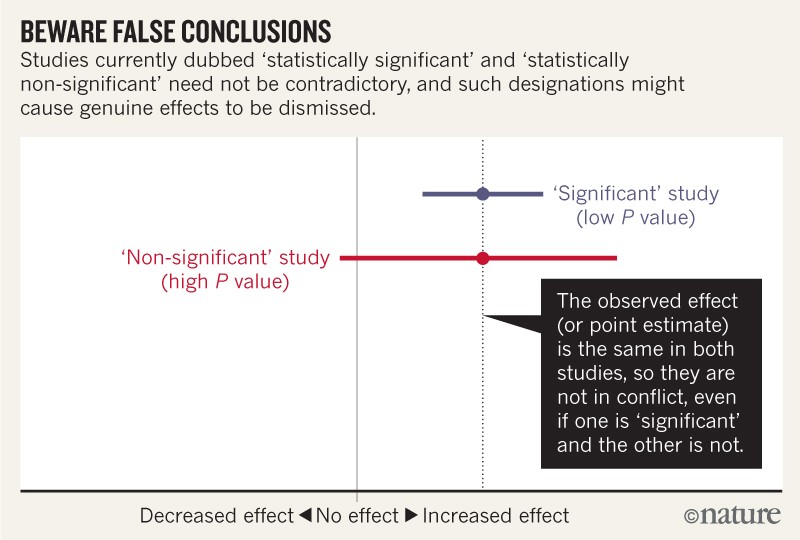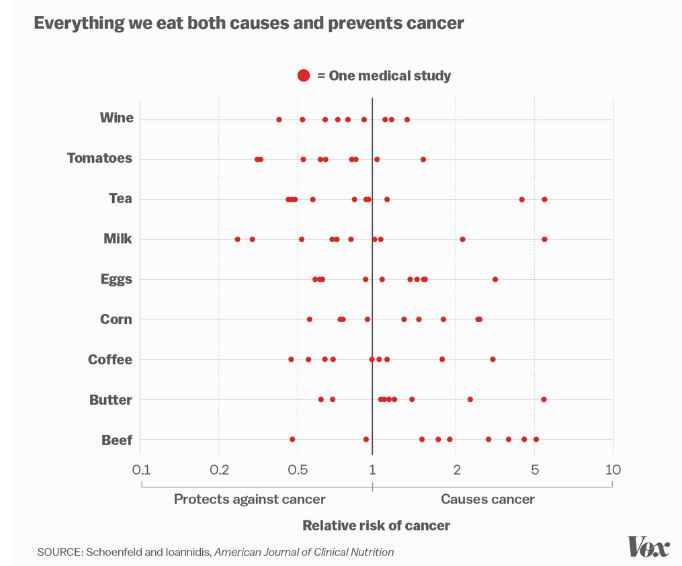Well, everyone. Because it lacked a biological explanation, it was instead looking at a statistical risk factor for a risk factor and telling people to stop eating meat, butter, and eggs.
And yet government and doctors have abdicated critical thinking to epidemiology to such an extent they'll believe anything if someone declares statistical significance. Which they did here, and cost consumers a trillion dollars while doing...nothing.
The most recent results used 24,000 participants in the Reasons for Geographic and Racial Differences in Stroke (REGARDS) cohort, 45 years of age when they began in the study between 2003 and 2007. Over a decade, the only tepid finding was that high levels of low-density lipoprotein (LDL) cholesterol and triglycerides “modestly” predicted heart disease risk. 'Modest' in epidemiology is what physicists would call "statistical noise" but the big problem is that lower HDL cholesterol levels only predicted increased cardiovascular disease risk for white adults.
If low levels of HDL cholesterol can only be "associated" - that word is the bane of scientific literacy worldwide, thanks to groups like IARC which abuse it in their war on companies - with higher risk of heart attack among white people, that's bad, but that higher levels of HDL cholesterol don't reduce the risk of cardiovascular disease for either black or white people means that since the 1970s we've been told to accept junk science.

No one is contending epidemiology is always wrong, we wouldn't have discovered smoking kills people without epidemiology, but after setting off the low-fat craze and the vegetarian craze, epidemiologists, and the biggest culprit in that is Harvard School of Public Health, began using food frequency questionnaires to link anything to anything. And they can, if you have enough rows and columns you are guaranteed to eventually find statistical significance.
Statistics experts have asked epidemiologists to stop fetish-izing p-value, and it would restore credibility to social sciences as well, and I was a signatory on a paper in Nature asking journals to stop accepting statistical significance as a metric for rigorous controls. It isn't. Or we wouldn't be able to show meat both causes and prevents cancer. Just like every other food.

This problem was aggravated again when government used epidemiology to make random acts during the early days of the COVID-19 pandemic. Ivermectin, for example, was derided when it was recommended yet the paper used the same methodology that 60,000 products that need cancer warning labels used. Every 'endocrine disrupting chemical' paper uses that same methodology. Instead of being evidence-based, corporate science journalism looked like the only time epidemiology would get a critical look was when a Republican cited a paper.
Which would explain why resveratrol, acupuncture, and acai berries got so much traction in the New York Times - but it is bad policy.



Comments